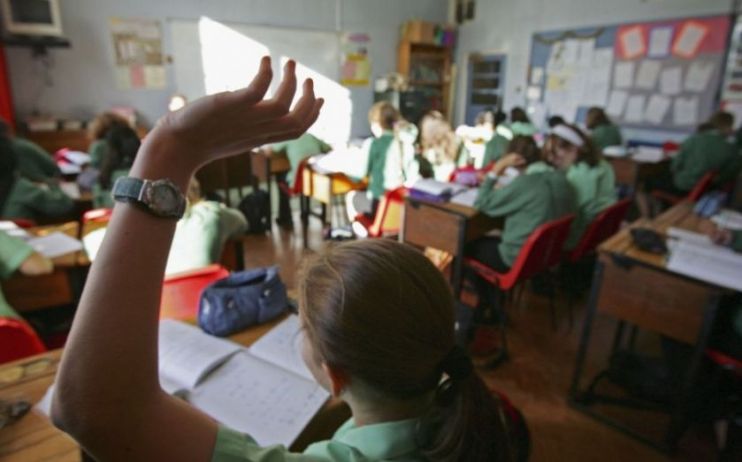School closures are the latest sign of just how much our society is going to change

The past few weeks have been spent trying to understand and interrogate the coronavirus outbreak, initially at a distance but increasingly up close and personal.
Friends and neighbours are now self-isolating, some with symptoms that sound almost certain to be Covid-19, others less so — but without sufficient tests, people aren’t willing to take the risk.
There has been a tipping point in the last few days, from those who scoff that it is all fear-mongering “nonsense” that will not stop them doing what they like. But as our freedoms have been scaled back with advice against visiting bars and restaurants, or to work from home where possible, the penny has dropped. Things have got real.
There are still those who doubt — many, anecdotally, in the age category we are all trying to protect — but with every day that comes they are in the minority.
A quick trip to the pharmacy yesterday, to pick up the last available bottle of Calpol for my teething toddler, brought home just what we are braced for. Staff wearing face masks dealt with a queue of (mostly) pensioners — those who weren’t elderly were picking up prescriptions for those who couldn’t get there.
This kind of community spirit is abundant as things start to bite, as even the tone of PMQs made clear yesterday. And yes, there might be panic on the streets of London — but there is also kindness. My local neighbourhood watch group is planning to use its kitty to buy aid parcels for anyone who is isolated and in need. A friend of a friend is making his catering staff available to help vulnerable people. The message that “we are all in this together” means more now than it ever did during the financial crash of 2008, largely because this time it is true.
The government has rightly been concerned about shutting schools, but faced with immense political pressure and the reality that teachers are self-isolating, it was sadly inevitable that schools would have to be shut during the peak of the crisis. But this is going to provoke an even greater economic disruption for people who have school age (and younger) children, not least without grandparents to fall back on.
Even with measures brought in to cover the children of medical staff and other frontline workers, there will be an awful lot of supermarket staff, bus drivers, bin collectors, postal workers and others who may now have to scale back their work.
Things are going to change significantly for the duration of the outbreak, but thereafter it does feel as though we have reached a point of no return. You have only to note the Prime Minister’s admission that he is considering a temporary Universal Basic Income to see just how far we have come.
And when it comes to how we work, regardless of industry, the coronavirus could be a paradigm shift. Many businesses will likely decide to do away with large and expensive offices when they see how well workers can get on remotely, though with varying degrees of willingness from their staff.
Old structures that could not be torn down because of the intricate manner in which our economy is woven may be looked at anew. Not just whether more of us work from home, but how that work takes place.
Main image credit: Getty